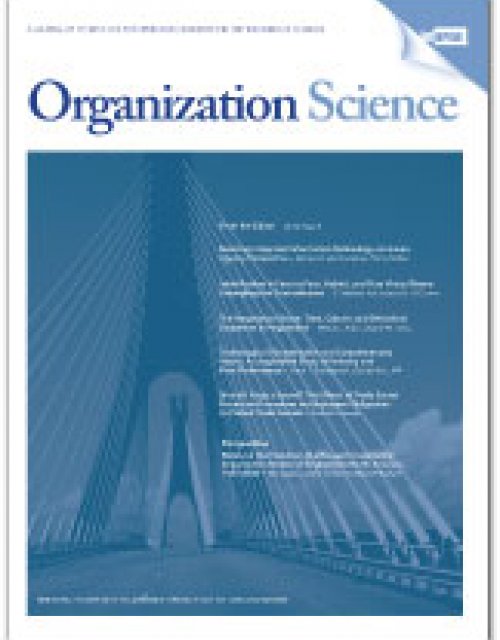Publication records
Subject(s)
Information technology and systems
Keyword(s)
Cybersecurity, National Security, Human Rights, Conflicts
Secondary Title
Digitalpolitik: Eine Einführung
Pages
19–26
Subject(s)
Economics, politics and business environment; Information technology and systems; Technology, R&D management
Keyword(s)
Internet access market, access regulation, investment, infrastructure, Next Generation Networks, broadband, telecoms, cable operators and Europe
JEL Code(s)
L96, L51
In this paper we study how the coexistence of access regulations for legacy (copper) and fiber networks shapes the incentives to invest in network infrastructure. To this end, we develop a theoretical model explaining investment incentives by incumbent telecom operators and heterogeneous entrants and test its main predictions using panel data from 27 EU member states over the last decade. Our theoretical model extends the existing literature by, among other things, allowing for heterogeneous entrants in internet access markets, as we consider both other telecom and cable TV operators as entrants. In the empirical part, we use a novel data set including information on physical fiber network investments, legacy network access regulation and recently imposed fiber access regulations. Our main finding is that more stringent access regulations for both the legacy and the fiber networks harm investments by incumbent telecom operators, but, in line with our theoretical model, do not affect cable TV operators.
View all ESMT Working Papers in the ESMT Working Paper Series here. ESMT Working Papers are also available via SSRN, RePEc, EconStor, and the German National Library (DNB).
Pages
45
ISSN (Print)
1866–3494
Subject(s)
Human resources management/organizational behavior
Volume
40
Journal Pages
3–8
Subject(s)
Management sciences, decision sciences and quantitative methods
Keyword(s)
Minimum-variance hedging, continuous price fluctuations
Secondary Title
11th Conference on Stochastic Models of Manufacturing and Service Operations
Pages
155–160
ISBN
978-889-4128-62-8
Subject(s)
Human resources management/organizational behavior; Technology, R&D management
Keyword(s)
Innovation, knowledge recombination, recombinant breadth, differential selection, patent, patent approval, patent impact, institutional gatekeeping
JEL Code(s)
O310, O330
Theories of innovation and technical change posit that inventions that combine knowledge across technology domains have greater impact than inventions drawn from a single domain. The evidence for this claim comes mostly from research on patented inventions and ignores failed patent applications. We draw on insights from research into institutional gatekeeping to theorize that, to be granted, patent applications that span technological domains must have higher quality than otherwise comparable, narrower applications. Using data on failed and successful patent applications, we estimate an integrated, two-stage model that accounts for this differential selection. We find that more domain-spanning patent applications are less likely to be approved, and that controlling for this differential selection reduces the estimated effect of knowledge recombination on innovative impact by about one-third. By conceptualizing the patent-approval process as a form of institutional gatekeeping, this paper highlights the institutional underpinnings of and constraints on the innovation process.
© 2017, INFORMS
Volume
28
Journal Pages
133–151
Subject(s)
Technology, R&D management
Subject(s)
Human resources management/organizational behavior
Keyword(s)
Leadership, self-development
JEL Code(s)
O15
Secondary Title
Advanced leadership insights: How to lead people and organizations to ultimate success
Pages
3–10
ISBN
9781681238166
Subject(s)
Technology, R&D management
Keyword(s)
Cryptograpy, intelligence agencies, IT security law, IT security regulation, industrial recommendations
JEL Code(s)
O30, O33, O38
In January 2017, the Digital Society Institute hosted a workshop on the “Crypto-debate: Strategies for responsible dealings with security agencies on matters of cryptography, vulnerabilities and tools.” Dr. Stefan Grosse (Federal Ministry of the Interior), Ralf Koenzen (Lancom Systems), Linus Neumann (Chaos Computer Club) and Stefan Heumann (Stiftung Neue Verantwortung) contributed to the workshop.
This issue contains German text and English translation in one file.
Volume
2017
